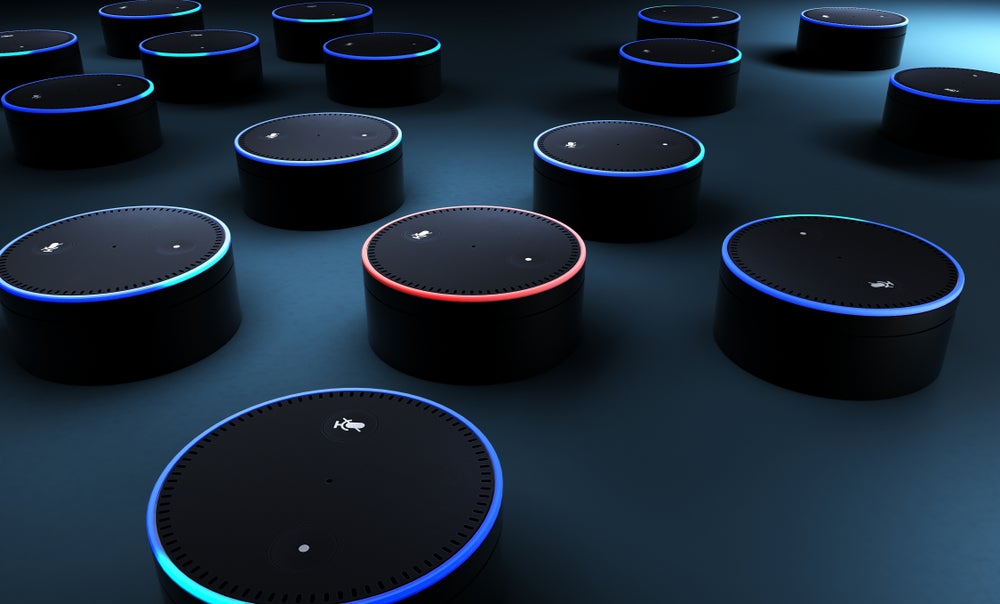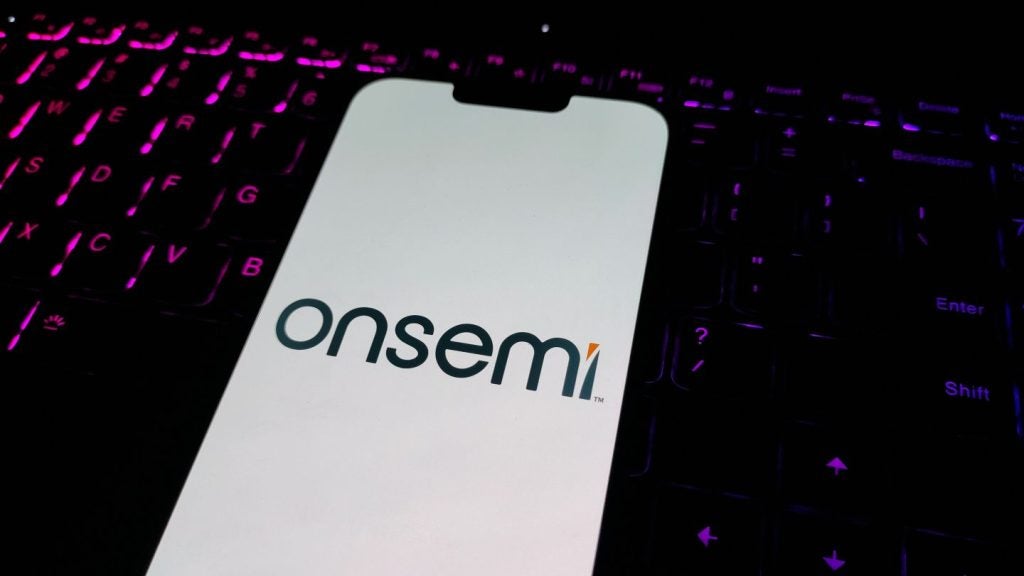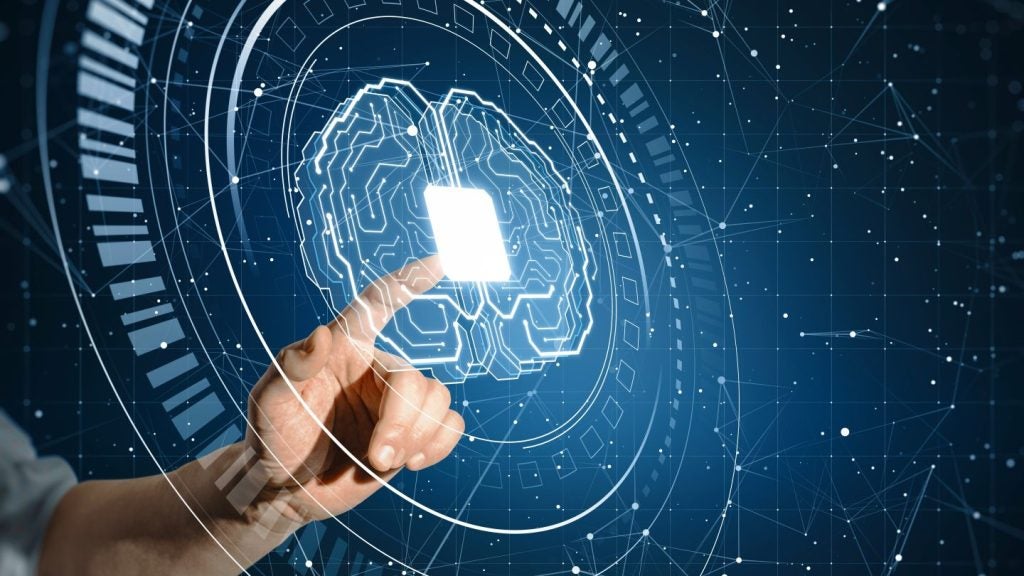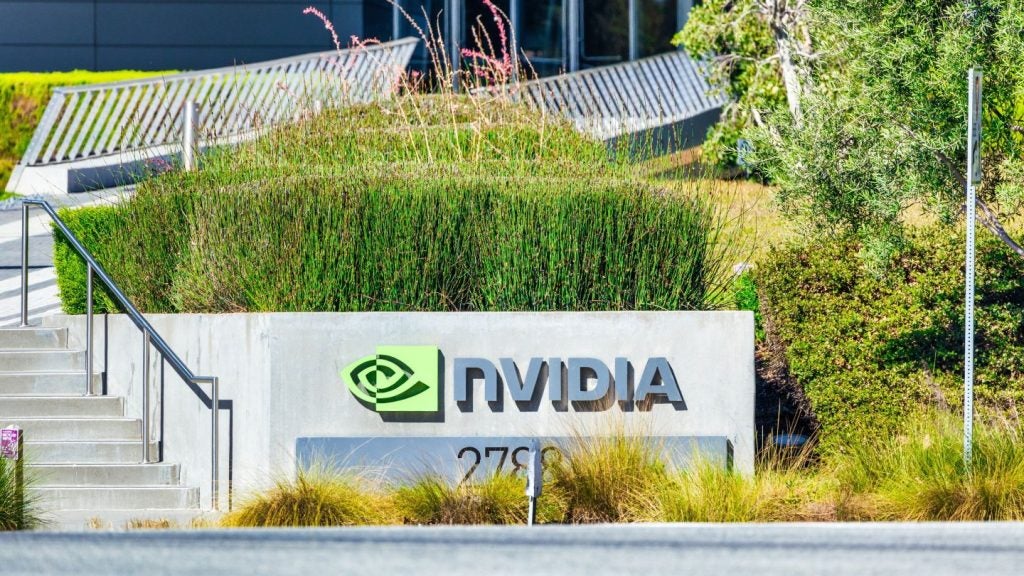Market watchers and tech evangelists have sung the praises of the Internet of Things (IoT) for years. However, some corporate chieftains may still struggle to see the business need for IoT solutions. Are they missing a trick by failing to consider it for their companies?
IoT describes the use of connected sensors and actuators to control and monitor the environment, the things that move within it and the people that act within it.
It includes everything from wearable fitness trackers, smart speakers, connected cars, smart buildings and advanced automation.
Business leaders are increasingly taking note of IoT. New use cases and increasing IoT adoption are helping to create a more positive attitude towards IoT. Approximately 65% of the respondents showed a positive sentiment towards IoT, according to GlobalData’s Thematic Sentiment Analysis Q4 2021, which polled 2,225 senior executives worldwide. However, 14% of respondents thought IoT was all hype and no substance.
IoT has many business benefits
IoT is one of the primary enablers of digital transformation. When combined with other emerging technologies – such as AI, 5G and cloud computing – it can lead to enhanced operational efficiency, reduced costs, improved decision-making and better customer experience.
Operational efficiency can be improved because IoT technology makes use of connected devices that track, monitor, control and manage various operations across a business. This allows many manual processes to be automated. This, in turn, raises operational efficiency. For example, IoT is used in the mining industry to improve efficiency. Reduced costs are a result of greater automation. This reduces the need for workers.
Improved decision-making is driven by the data generated by sensors within IoT devices. Analysis of this data can lead to the development of optimised business strategies and improved business processes. The analysis could empowers managers to make better informed operational decisions. This improved analysis could, for example, provide answers to the global food crisis.
Better customer experience is made possible by utilising user-specific data. Data generated through smart devices can boost businesses understanding of customers’ expectations and behaviour. Analysis of this data can enable targeted advertising, fine-tune pricing policies, and improve customer services. For example, IoT will allow consumers to assert their health and wellness demands.
IoT can be an enabler for a more sustainable business
A 2018 analysis of more than 640 IoT deployments, undertaken by the World Economic Forum in collaboration with IoT Analytics, showed that 84% of existing IoT deployments address, or have the power to advance, the United Nations’ 17 Sustainable Development Goals.
For example, air-quality monitors can help to reduce fine particle pollution. Additionally, sensor-embedded wind turbines can dramatically reduce wind farms’ costs.
Technology trends are enabling IoT use cases
New technologies are taking IoT to the next level for businesses. For instance, 5G can prove to be a game-changer for IoT. IoT use cases that require low latency, such as connected cars, predictive maintenance and wearable tech in healthcare, will benefit the most from 5G.
The amalgamation of artificial intelligence (AI) and IoT has given rise to the concept of artificial intelligence of things (AIoT). AIoT involves embedding AI technology into IoT components. Combining data collected by connected sensors and actuators with AI allows for reduced latency, increased privacy, and real-time intelligence. This synergy has the potential to transform enterprises.
The increase in IoT also means businesses can benefit from IoT as a Service (IoTaaS). IoTaaS vendors provide various platforms to assist organisations with IoT deployment. This means businesses don’t need in-house expertise. This will make it easier for enterprises to deploy and manage their connected devices.







